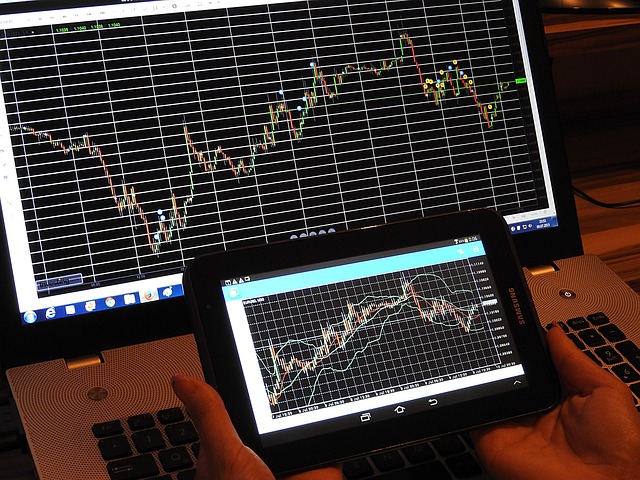The Psychology of Trading: How to Stay Calm in a Volatile Market
Cryptocurrency trading can be an emotional rollercoaster. The market moves fast, prices swing wildly, and the fear of missing out (FOMO) or losing money can push traders into making impulsive decisions. Understanding the psychology behind trading and learning how to manage emotions can make a significant difference in your success.

Why Trading Psychology Matters
Successful trading is not just about understanding technical charts or analyzing trends—it’s also about managing your mindset. Fear, greed, overconfidence, and panic often lead traders to make poor decisions. By mastering the psychological aspects of trading, you can increase your chances of staying disciplined and making rational choices.
Common Psychological Pitfalls in Trading
1. Fear of Missing Out (FOMO)
One of the biggest mistakes traders make is jumping into a trade because they see a coin skyrocketing. They don’t want to miss out on potential profits, so they buy in at a high price—only to watch the market correct itself shortly after. FOMO-driven decisions often result in losses.
How to Avoid It:
- Set clear entry and exit strategies before trading. Know the ethereum market cap.
- Avoid making decisions based on hype or social media trends.
- Stick to your research and trading plan.
2. Overtrading
The constant availability of cryptocurrency markets can tempt traders into making too many trades. Overtrading can lead to excessive transaction fees and higher exposure to risk.
How to Avoid It:
- Focus on quality trades instead of quantity.
- Set a maximum number of trades per day or week.
- Take breaks to clear your mind and avoid emotional decision-making.
3. Emotional Trading
Fear and greed are two powerful emotions that can cloud judgment. When prices drop, fear makes traders panic and sell at a loss. When prices surge, greed makes them buy without thinking about potential corrections.
How to Avoid It:
- Use stop-loss and take-profit levels to automate your trades.
- Develop a trading plan and stick to it.
- Keep a trading journal to track your emotional responses and learn from them.
4. Confirmation Bias
Traders often seek information that supports their existing beliefs and ignore contradictory evidence. This can lead to poor decision-making and increased losses.
How to Avoid It:
- Look at multiple sources of information before making a decision.
- Consider different viewpoints and opposing analyses.
- Stay open to adjusting your strategy when needed.
Developing a Strong Trading Mindset
1. Patience and Discipline (Crytpo live)
The best traders understand that patience is key. Not every day is a good day for trading, and sometimes the best move is to wait for the right opportunity.
Tips:
- Avoid chasing trades—wait for confirmation signals.
- Stick to your strategy even when emotions urge you to act impulsively.
- Accept that losses are part of the process and focus on long-term success.
2. Risk Management
Managing risk is crucial for long-term trading success. Even experienced traders experience losses, but they manage them effectively.
Risk Management Strategies:
- Never invest more than you can afford to lose (high risk high reward, with for example MyEmpire casino).
- Diversify your investments instead of putting all your money into one asset.
- Use proper position sizing and stop-loss orders to minimize potential losses.
3. Developing a Routine
A structured approach to trading can help you maintain emotional balance. Having a routine reduces stress and creates consistency in decision-making.
Routine Elements:
- Start your day by analyzing market trends and news.
- Review past trades and learn from mistakes.
- Set daily or weekly goals to measure progress.
Handling Losses and Setbacks
Losses are inevitable in trading, but how you handle them determines your long-term success. Instead of seeing losses as failures, view them as learning opportunities.
How to Cope with Losses:
- Take a break and avoid revenge trading.
- Analyze what went wrong and adjust your strategy.
- Stay focused on your long-term goals rather than short-term setbacks.
Trading psychology is just as important as market analysis. Learning to control emotions, manage risk, and develop discipline will help you navigate the volatile world of cryptocurrency trading. Stay patient, stay informed, and remember that successful trading is a marathon, not a sprint. More about all of this and bitcoin to USD in future posts!